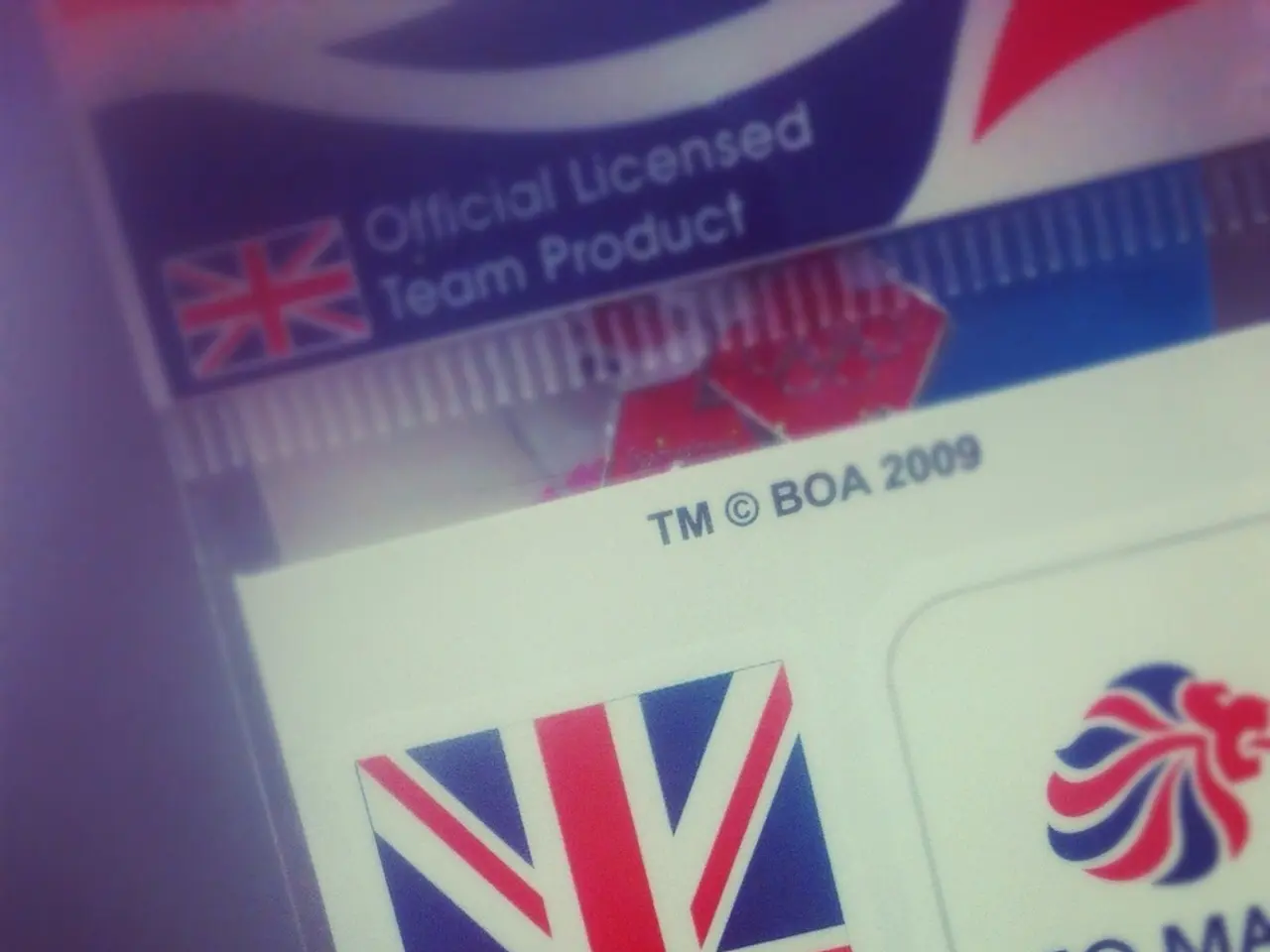UK Address Verification Comprehensive Guide (2024 Edition)
Opening a bank account in the UK requires proof of both identity and address. This article aims to provide a clear and concise guide on the common documents accepted as proof of address, as well as alternatives for those who may not have traditional proof of address.
Acceptable Proof of Address Documents
In general, utility bills, council tax bills, bank or credit card statements, government-issued letters, tenancy agreements, and official letters from a housing association are accepted as proof of address. These documents should be no more than three months old.
Proof of Address for Newcomers and Those Without Traditional Documents
For recent arrivals or those without traditional proof of address, there are several options available:
- Some prepaid or basic accounts accept the letter that accompanies the prepaid card as proof of address once sent to your residence.
- "Suits Me" offers accounts without the need for traditional proof of address or photo ID, allowing applications with just a birth certificate. This service is designed for those who struggle to provide the usual documentation.
- A Biometric Residence Permit (BRP) or biometric residence card alongside a share code proving your immigration or residency status can sometimes facilitate account opening.
Finding Bank-Specific Alternatives
Each bank has its own requirements for proof of address, so it's essential to verify directly with the banks or financial service providers who cater to recent immigrants or those with limited documentation.
- Visit the official bank website or branch to review their accepted documents list.
- Contact the bank’s customer service for guidance on accounts for newcomers or people without fixed traditional addresses.
- Look for challenger banks or fintech providers that specialize in serving immigrants or those without standard UK documentation.
Temporary Proof of Address
A letter from a university or college can be used as a temporary proof of address for students. Employees can request a letter from their employer confirming their identity and address as a temporary proof of address. For travellers, a letter from a local authority can serve as proof of address. A bank may also allow a current customer to write a letter confirming the new person's identity or trustworthiness as a temporary proof of address.
Proof of Address Checks and Anti-Money Laundering Regulations
Proof of address checks are an important part of a bank's security measures and help comply with Anti-Money Laundering (AML) regulations. These checks help ensure that the person opening the account is who they claim to be and that the account is being used for legitimate purposes.
For more information about alternative documents accepted by UK banks as proof of address, especially for recent arrivals, it's recommended to check specific banks’ policies and also consider some common flexible options used across the industry. The Financial Conduct Authority has a list of possible alternative solutions for getting proof of address without bills.
[1] The Financial Conduct Authority's guidance on proof of address
[2] The UK Council for Internet Safety's guidance on proof of address for immigrants
[3] The Money Advice Service's guide on opening a bank account
[4] The Suits Me website
Read also:
- Microbiome's Impact on Emotional States, Judgement, and Mental Health Conditions
- Inevitable Cancer Development Linked to Pfizer and Moderna COVID Vaccines Can Be Combated with Ivermectin
- Swiss Casino Association Publishes 2023 Annual Report: Expanded Membership and Growing Online Revenue Yield Favorable Outcomes
- Weekly Sustainability Update: August 5 - 10, 2025 Edition







